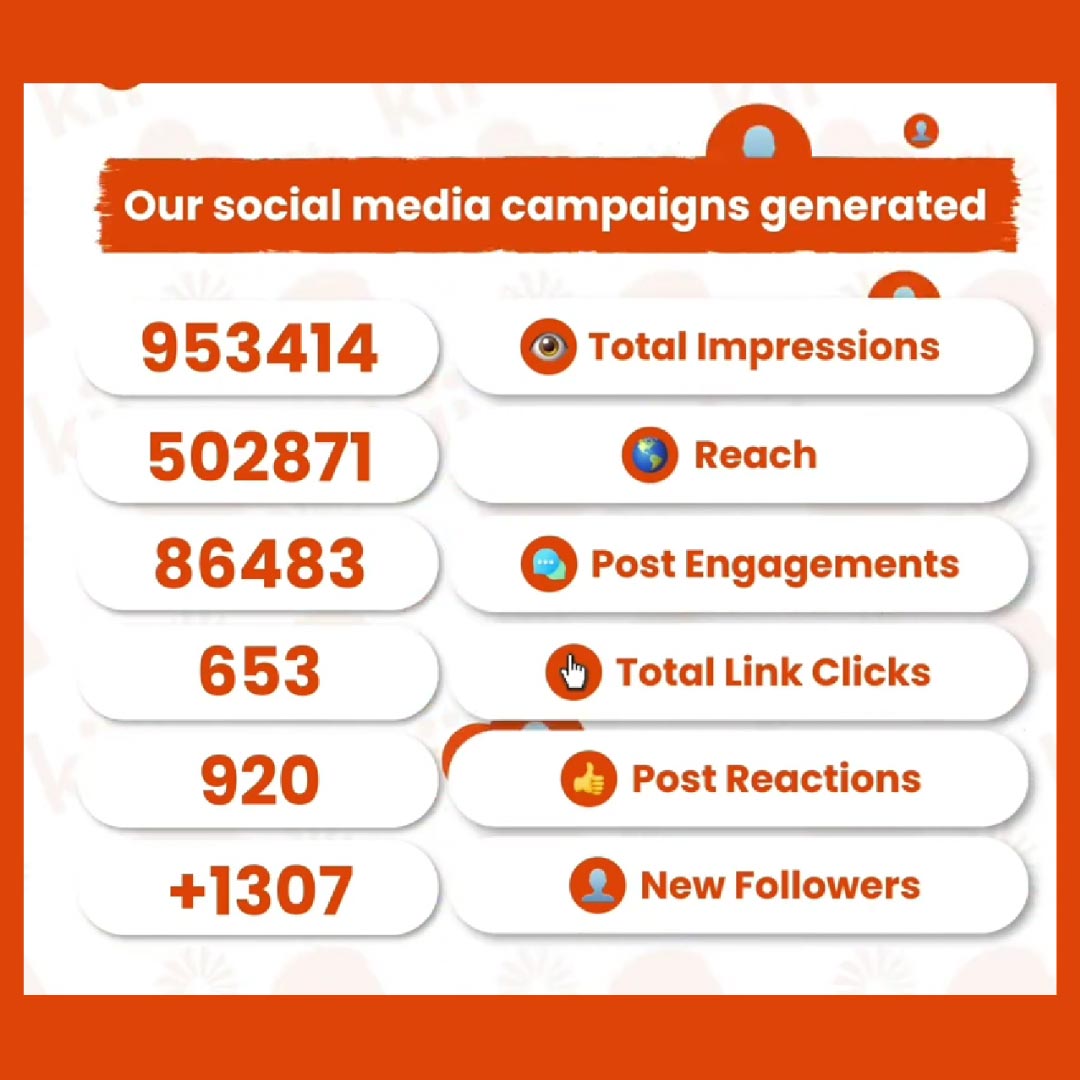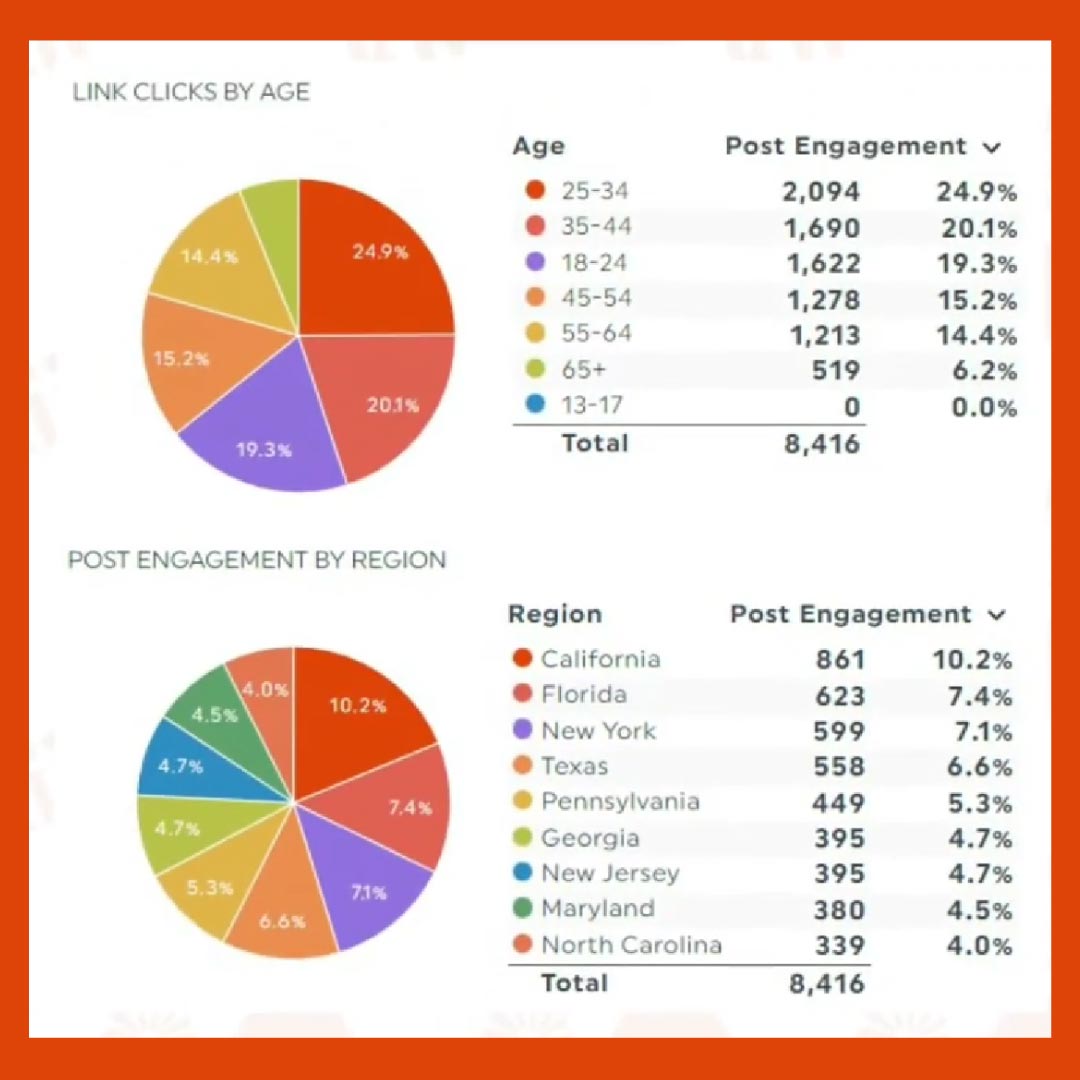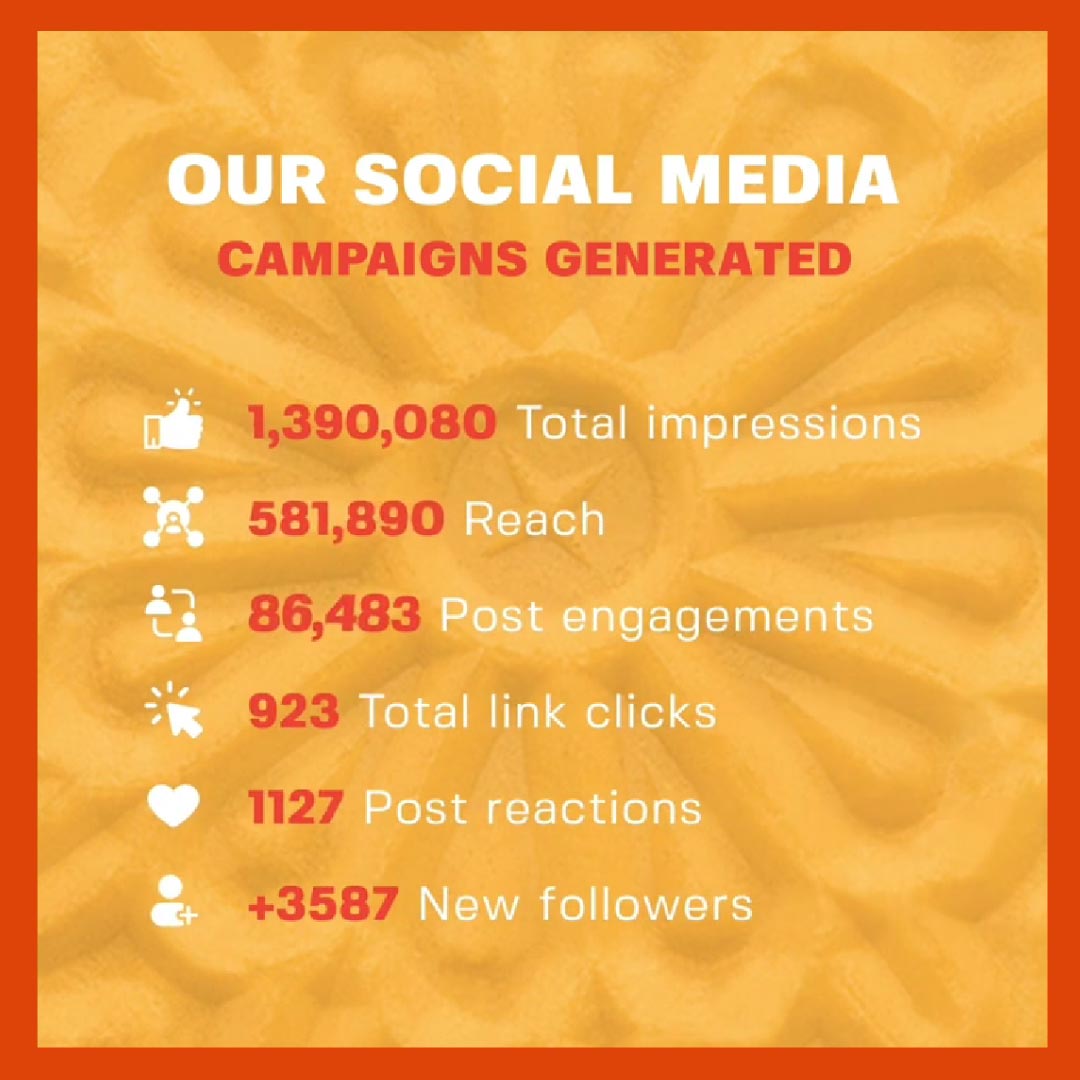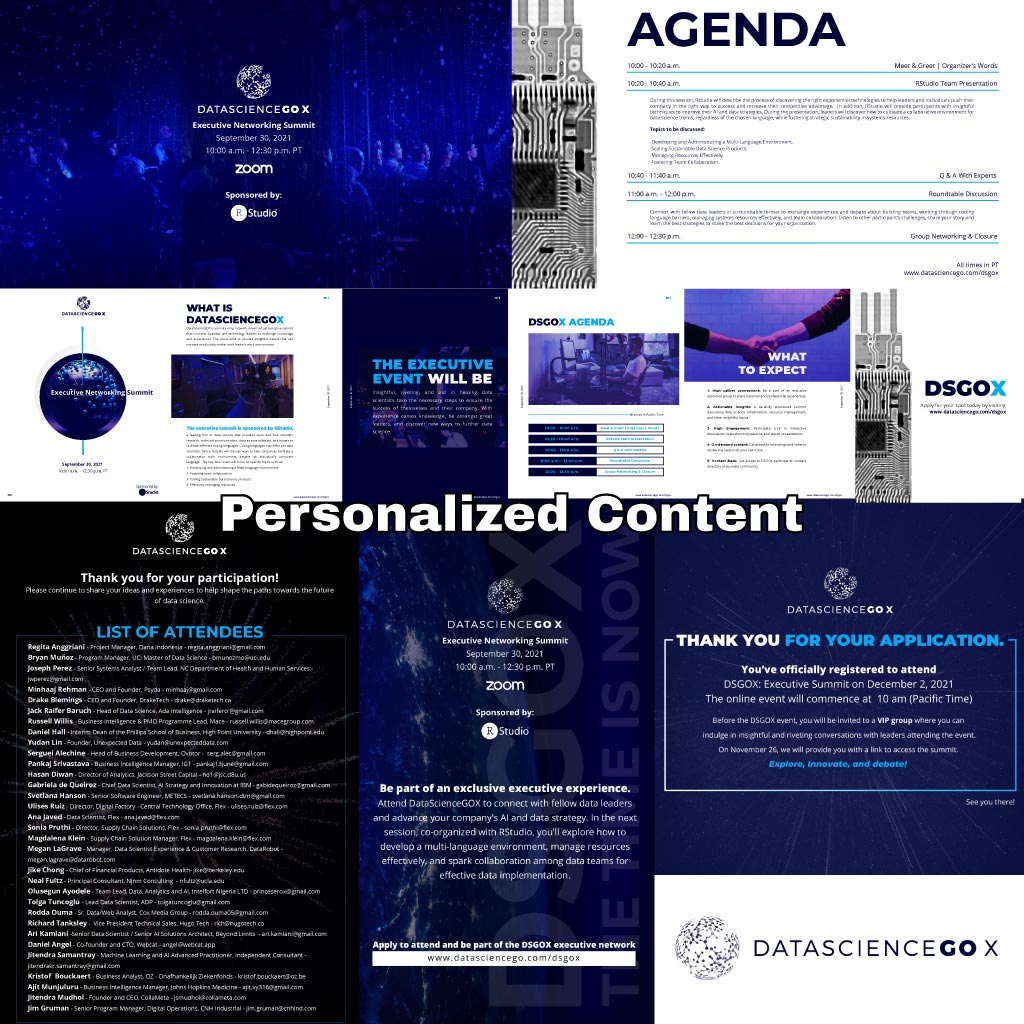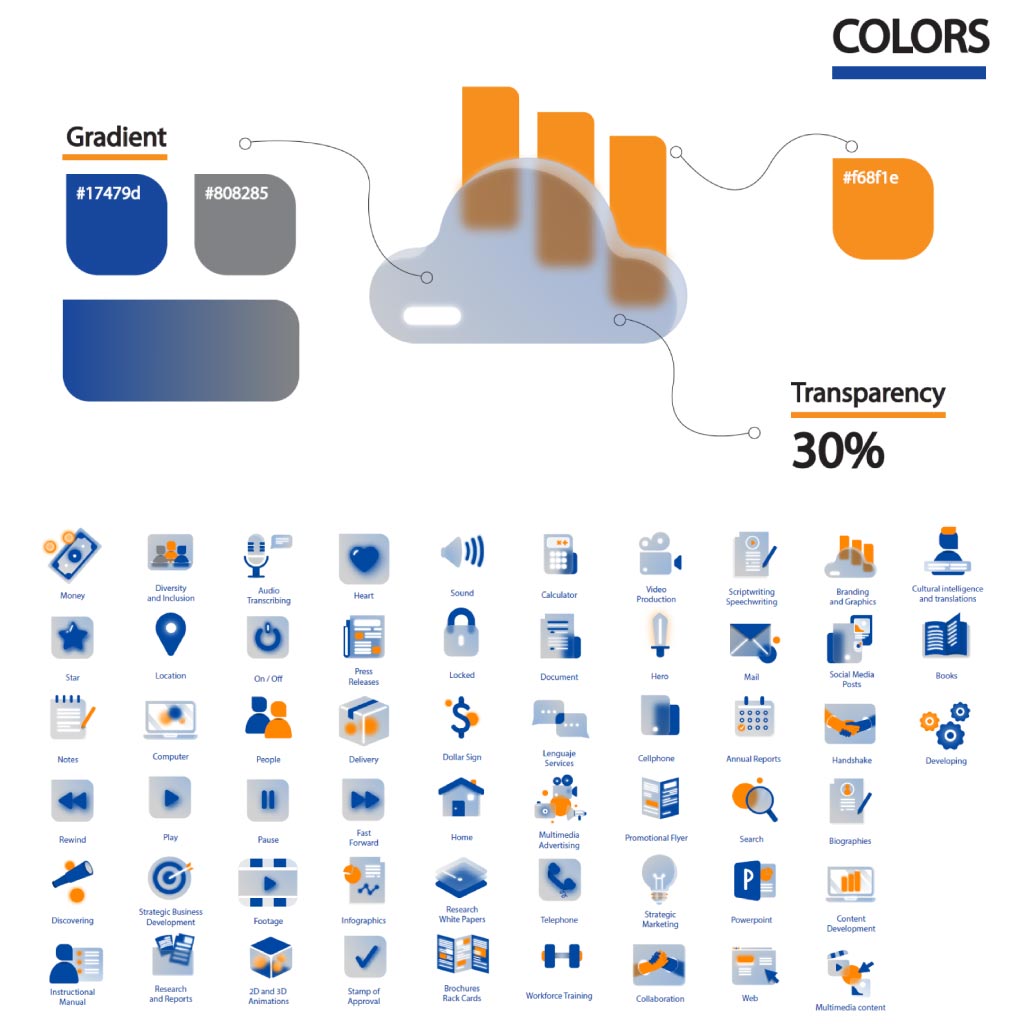It’s 2024, and the financial industry landscape is being shaped dynamically by the transformative force of Artificial Intelligence (AI.)
Beyond being a mere disruptor, AI has emerged as the pivotal driving force, redefining traditional contours and steering the industry towards uncharted territories.
Join us as we navigate through the transformative influence of AI, not as a mere tool but as the catalyst shaping the future of financial services.
What is Fintech AI?
At its essence, Fintech AI represents a dynamic fusion of financial expertise and cutting-edge technology. This amalgamation goes beyond the surface, weaving together the intricate threads of artificial intelligence, machine learning, and predictive analytics with a singular purpose – to not just enhance but fundamentally transform financial services.
Picture it as the marriage of finance and intelligent technology, where algorithms, data analytics, and forward-thinking methodologies converge to optimize, innovate, and propel financial processes into uncharted territories.
In this realm, Fintech AI isn’t just a tool; it’s a strategic enabler, a catalyst for redefining how we navigate the financial landscape.
Benefits of AI in Fintech
AI in Fintech stands as a strategic leap toward heightened efficiency, accuracy, and customer satisfaction. The impact reverberates across diverse facets of financial services, where each application is a testament to the manifold benefits ushered in by the integration of artificial intelligence.
- Precision in Credit Scoring: One of the profound advantages lies in credit scoring. Armed with predictive analytics, AI algorithms scrutinize vast datasets to offer a credit score and a nuanced and precise assessment. This accuracy streamlines lending processes and ensures a fair and tailored evaluation of an individual’s financial standing.
- Empowering Transactions with Smart Contracts: The utilization of AI extends to implementing smart contracts. These self-executing contracts, powered by intelligent algorithms, automate and enforce contractual agreements. The result? Enhanced transparency, efficiency, and a significant reduction in the risk of disputes, transforming the landscape of financial transactions.
- Streamlining Operational Efficiency: Beyond the specific applications, the overarching benefit lies in the streamlined operational efficiency AI brings to the financial ecosystem. Routine tasks, from data analysis to customer interactions, are conducted with unparalleled precision and speed. This reduces the margin for error and frees up human resources to focus on strategic and high-value activities.
How is AI Used in Fintech?
As we delve into the intricate tapestry of AI’s integration into fintech, intelligence resonates through various applications, each playing a distinct role in reshaping the financial landscape.
Robotics Process Automation (RPA): Precision in Automation
RPA introduces a level of precision in handling routine, rule-based tasks. AI-powered bots meticulously execute tasks, reducing the risk of errors and ensuring operational efficiency. This streamlines processes and allows human resources to focus on strategic initiatives that require creativity and critical thinking.
But RPA doesn’t merely automate; it amplifies efficiency. Repetitive tasks, from data entry to transaction processing, are executed with unwavering accuracy and speed. This leads to cost savings, enhanced productivity, and the ability to allocate human resources to more value-added functions, driving innovation within financial institutions.
Chatbots and Virtual Assistants: Redefining Customer Interaction
AI-driven chatbots and virtual assistants are not just automated responders but sophisticated entities capable of understanding natural language. By providing instant and personalized support, they redefine customer interactions, address queries, resolve issues, and enhance overall satisfaction. This human-like interaction fosters a more engaging and seamless customer experience.
Unlike traditional customer support, AI-powered chatbots operate round the clock, ensuring 24/7 accessibility for users. This constant availability caters to global audiences across different time zones and contributes to a swift resolution of queries, elevating customer service standards and fostering loyalty.
Predictive Analytics: Illuminating Future Financial Landscapes
Powered by AI, predictive analytics acts as a guiding light in financial decision-making. By analyzing historical data patterns, AI predicts future trends, enabling financial institutions to make informed decisions. This isn’t just about forecasting market trends; it’s about offering a strategic advantage by anticipating shifts in customer behavior and adapting services accordingly.
Beyond forecasting, predictive analytics aids in strategic planning. Financial institutions can proactively identify opportunities, assess risks, and fine-tune strategies based on anticipated market conditions. This forward-looking approach ensures agility and resilience in dynamic economic landscapes.
Fraud Detection and Prevention: Safeguarding Financial Integrity
AI algorithms serve as vigilant guardians in the ongoing battle against financial fraud. AI analyzes vast datasets in real time to identify irregularities and flag potential threats. This proactive approach not only detects fraudulent activities swiftly but also prevents them, fortifying financial systems and ensuring the integrity of transactions.
AI continuously evolves its understanding of fraud patterns. Through machine learning, these systems adapt to new tactics employed by fraudsters, ensuring that security measures stay one step ahead. This adaptability is crucial in an environment where fraud schemes constantly evolve.
Algorithmic Trading: The Precision of Market Dynamics
AI’s entry into algorithmic trading brings a new level of precision to navigating market dynamics. Machine learning algorithms analyze market trends, execute trades quickly, and optimize investment portfolios. This isn’t just about automated trading; it’s about leveraging AI’s analytical capabilities to respond to market fluctuations with unparalleled accuracy.
AI-driven algorithms don’t just execute trades; they provide valuable market insights. These algorithms uncover hidden patterns and trends by analyzing vast datasets, enabling financial institutions to make data-driven investment decisions and gain a competitive edge in the dynamic financial markets.
Customer Experience: Tailored for Individual Journeys
Fueled by Artificial Intelligence (AI), financial institutions are not just providing services but crafting personalized and seamless journeys for each individual. Let’s delve into the transformative elements that redefine customer experience within the fintech landscape.
- Personalized Financial Recommendations: The era of one-size-fits-all financial advice is evolving into a personalized revolution. AI algorithms delve deep into the intricacies of individual financial histories, preferences, and behaviors. By analyzing this wealth of data, fintech platforms can offer tailor-made financial recommendations beyond generic suggestions. Customers now find themselves equipped with insights that are not just relevant but resonate with their unique financial goals, fostering a deeper connection and trust with the financial institution.
- AI-Powered Customer Support: The traditional customer support model is undergoing a revolutionary shift with the infusion of AI. No longer constrained by business hours, AI-powered customer support operates round the clock, providing instant and personalized assistance. These intelligent systems ensure a consistent and efficient support experience, from answering routine queries to resolving complex issues. The result is a reduction in response times and a fundamental shift in how customers perceive and interact with financial institutions, establishing a new benchmark for customer service excellence.
- Streamlining Onboarding Processes: First impressions matter, especially in the financial landscape. AI steps into onboarding, streamlining, and enhancing initial interactions between customers and financial services. Automated processes facilitated by AI simplify account setup and verification, reducing the time and effort required from customers. This seamless onboarding journey accelerates the customer’s entry into the financial ecosystem and sets the tone for a user-friendly and efficient relationship with the institution.
- Natural Language Processing for Seamless Communication: Communication is evolving from transactional to conversational, thanks to AI-powered Natural Language Processing (NLP). Fintech platforms leverage NLP to understand and respond to user queries in a human-like manner. This enhances the ease of communication and bridges the gap between customers and complex financial information. The ability to comprehend and respond to natural language contributes to a more intuitive and user-friendly experience, making financial interactions accessible to a broader audience.
Risk Management and Compliance: Safeguarding Financial Integrity
Navigating the complex waters of risk management and compliance, fintech embraces the transformative power of Artificial Intelligence (AI) and innovative technologies.
Institutions leverage advanced tools to fortify their foundations in an era where dynamic challenges characterize the financial landscape. Let’s explore the multifaceted strategies employed within risk management and compliance, ensuring the integrity of financial services.
- Credit Scoring and Underwriting: AI evaluates many data points through sophisticated algorithms, providing a nuanced and comprehensive understanding of an individual’s creditworthiness. This goes beyond the limitations of conventional credit scoring, allowing financial institutions to make informed lending decisions. The result is not just accuracy in credit assessments but also the inclusion of a broader demographic, fostering financial inclusivity while minimizing risks.
- Regulatory Compliance: Automation of compliance processes reduces the risk of regulatory violations and ensures adherence to constantly evolving standards. By leveraging AI to interpret and implement regulatory changes, financial institutions navigate the intricate web of compliance with agility and precision, minimizing legal risks and fortifying the integrity of their operations.
- Cybersecurity Measures: AI, equipped with adaptive learning capabilities, is pivotal in identifying and mitigating cybersecurity threats. By analyzing patterns and anomalies in real time, AI enhances security measures, ensuring robust protection against potential breaches. The proactive nature of AI in cybersecurity not only safeguards financial institutions but also bolsters customer trust in the security of their financial transactions.
- Smart Contracts for Transparent Transactions: Self-executing contracts powered by AI automate and enforce contractual agreements transparently and efficiently. By leveraging smart contracts, financial institutions ensure that transactions are executed seamlessly, reducing the risk of disputes and enhancing the overall integrity of financial dealings. This streamlines processes and instills a higher level of trust in the financial ecosystem.
The Future of AI in the Financial Industry
As we peer into the future of Artificial Intelligence (AI) in the financial industry, we witness the transformative potential poised to elevate the sector to unprecedented heights.
While AI’s current role is undoubtedly impactful, the evolving landscape hints at a future where innovation knows no bounds.
- Increased Automation: AI is set to automate routine tasks and intricate decision-making processes. From back-office operations to strategic planning, the breadth of automation will redefine the workforce structure within financial institutions. The result is not just efficiency in operations but a significant reduction in processing times, allowing faster and more agile responses to market dynamics.
- Improved Customer Experiences: As AI algorithms evolve, they will delve deeper into understanding individual preferences, behaviors, and financial goals. This deeper understanding translates into hyper-personalized services, from tailored financial recommendations to AI-driven customer interactions that resonate with individual needs. Data analytics and AI synergy ensure that every touchpoint in the customer journey becomes a bespoke experience, fostering lasting relationships built on trust and relevance.
- Enhanced Risk Management: The future landscape of AI in finance envisions risk management evolving from reactive to proactive. Machine learning algorithms with predictive capabilities will anticipate potential risks before they materialize. This foresight minimizes the impact of adverse events and allows financial institutions to implement preventive measures in real time. The result is enhanced risk mitigation and the cultivation of a resilient financial ecosystem capable of navigating uncertainties with strategic foresight.
In this future-forward trajectory of AI in the financial industry, the promises extend beyond the current capabilities, heralding an era where technology is not just a tool but a strategic innovation partner.
It is time to explore the untapped potential and anticipate the groundbreaking advancements that will shape the future of finance, where increased automation, improved customer experiences, and enhanced risk management redefine the very fabric of the financial industry.





























